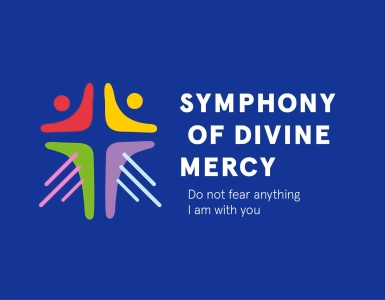Fr. Stanisław started his service as the personal secretary of Archbishop Wojtyła, at the time of one of the strongest clashes between the Polish Church and the communist regime. Before, there was a fierce polemic related to the letter that the Polish bishops addressed to the German bishops at the end of the Second Vatican Council. “We are reaching out to you, forgiving and asking for forgiveness” – they wrote this to bring out reconciliation between the two nations. Meanwhile, they were accused not only of interfering in international affairs, of colluding with the “hostile” government in Bonn, but directly of absolution of the Nazi criminals. In Kraków they organized protests against Archbishop Wojtyła. On the city walls unfriendly signs were written. Workers from the “Solvay” factory, where he used to work during the German occupation, were forced to write an open letter full of offensive words. Behind all of this, was the communist government, which using the reluctance of Poles to the Germans and despite the fact that the Second World War had already ended many years earlier, wanted to give a strong blow to the credibility of the episcopate and thus weaken trust to the Church. Meanwhile, the Church in the most difficult moments of the Polish history has always supported the nation, always stood at the side of people, defending them from enemies and another dictator. In the mist of this cyclone, the homily of Primate Stefan Wyszyński was decisive. His question: “Who do you want to follow?” – was not left unanswered. The nation said “no” to the intrigues of communist leaders, openly standing at the side of the Episcopate.
At the permission of Cardinal Stanisław Dziwisz – “At the side of the Saint”
St. Stanislaus BM Publisher, Kraków 2013





